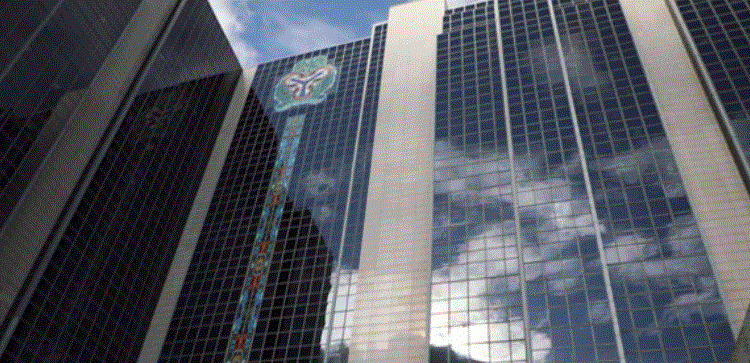The Central Bank of Nigeria (CBN) has reported a positive shift in the private sector’s performance, with the Composite Purchasing Managers’ Index (PMI) rising to 50.2 points in August 2024, surpassing the critical 50-point mark for the first time in 13 months. This increase from July’s 49.7 points reflects a modest expansion in economic activities.
The growth was largely propelled by notable improvements in the services and agriculture sectors. The Services PMI rose to 50.7 points, up from 50.3 points in July, driven by heightened business activity, an increased stock of raw materials, and more new business opportunities. Similarly, the Agriculture PMI edged up to 50.5 points from 49.7 points, signaling a recovery from three months of contraction, thanks to enhanced crop production and agricultural support.
Services Sector: A Beacon of Growth
The Services PMI, a key indicator of business activity within the services sector, rose to 50.7 points in August, up from 50.3 points in July. This uptick is reflective of a vibrant services sector that has seen a surge in business activity. Contributing factors include an increased stock of raw materials, which has facilitated uninterrupted business operations, and an influx of new business opportunities. The rise in the Services PMI indicates a positive outlook for the sector, which is often considered a crucial driver of economic growth due to its broad impact on other industries.
Agricultural Sector: Signs of Recovery
The Agriculture PMI also demonstrated notable improvement, edging up to 50.5 points from July’s 49.7 points. This increase signifies a recovery from three months of contraction and highlights enhanced performance in crop production and agricultural support. The positive movement in the Agriculture PMI suggests that government interventions and support measures in the sector are beginning to yield results, offering a glimmer of hope for sustained agricultural growth.
Industry PMI: A Mixed Bag
Despite the overall positive trend, the Industry PMI remains below the expansion mark, standing at 49.2 points. This figure, while still below the 50-point threshold, represents the highest level the Industry PMI has achieved in seven months. The rise is attributed to growth in the mining, quarrying, electricity, and gas subsectors, which have managed to offset some of the downturns experienced in the manufacturing sector. However, the manufacturing sector continues to face challenges, contributing to the subdued industry performance.
Challenges and Outlook
Looking ahead, the improved performance in the services and agricultural sectors is expected to bolster the private sector’s overall performance. Nevertheless, several challenges persist. High inflation remains a significant concern, fueled by the depreciation of the naira, escalating energy costs, and increased logistics expenses. These factors are anticipated to continue constraining economic activities, particularly within the industrial sector, which remains vulnerable to external pressures and financial constraints.
In summary, while the PMI’s rise to 50.2 points in August signals a modest expansion and provides a positive outlook for certain sectors, the broader economic landscape remains complex. Persistent inflationary pressures and tight financial conditions are likely to weigh heavily on the overall economic performance, underscoring the need for ongoing policy measures and strategic interventions to sustain and enhance economic growth.















